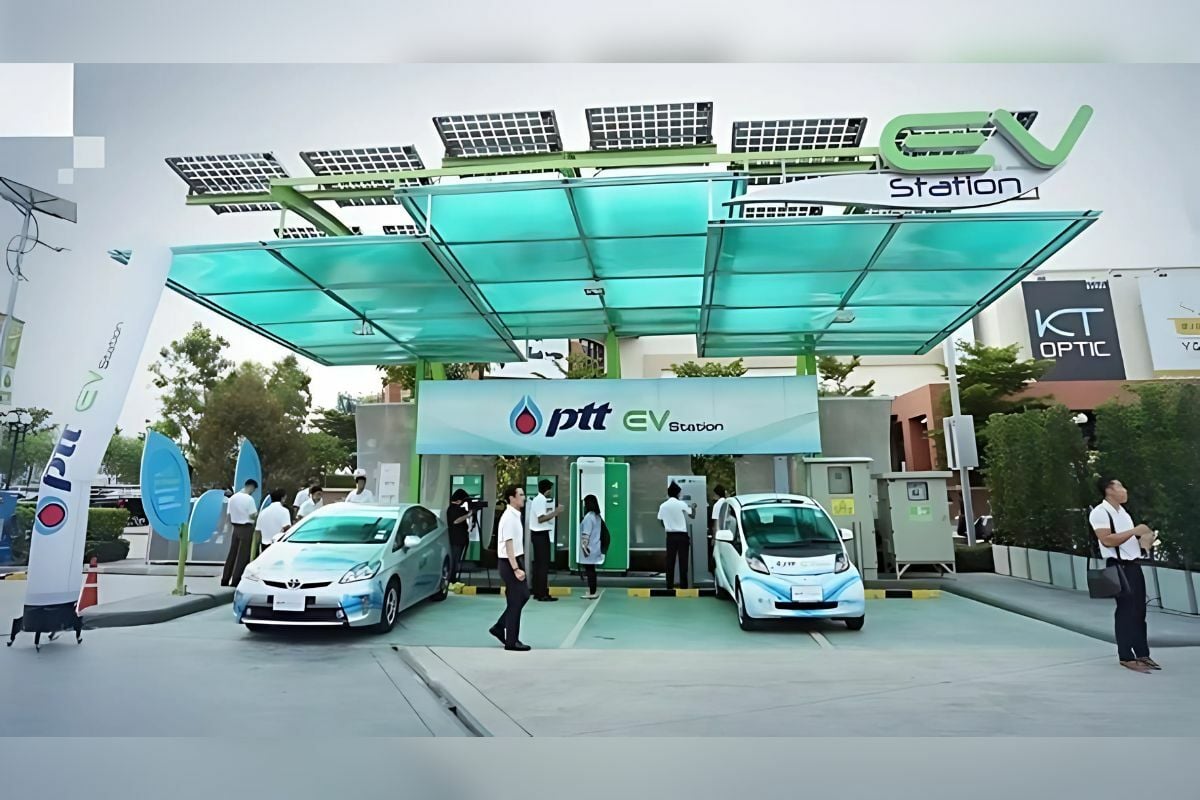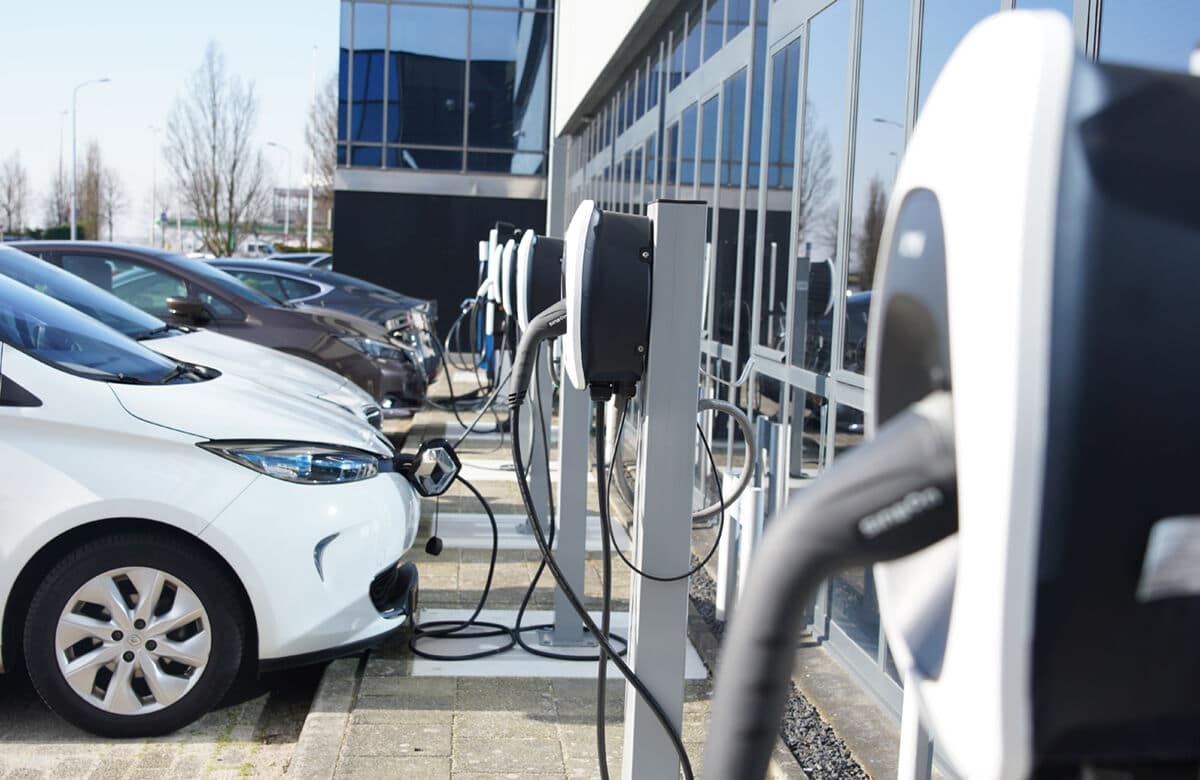Thai Cabinet approves tax breaks for big EV investments

The Cabinet has approved a draft decree to offer tax incentives for companies investing in large commercial electric vehicles (EVs). This measure allows companies to claim double the expense for locally produced EVs and 1.5 times for imported ones.
Deputy Government spokesperson Sasikarn Watthanachan stated that the decree aims to encourage the use of large commercial EVs, such as electric buses and trucks. The tax exemption applies to corporate income equivalent to the investment in these vehicles from the approval date until December 31.
Eligible entities include companies and partnerships, with specific criteria outlined. To qualify for the tax exemption, companies must submit investment projects, payment plans, and details of the EVs to the Department of Revenue according to specified guidelines.

The vehicles must be new electric buses or trucks, capable of obtaining transport licences under Thai land transport laws. They should not have been previously used, and the assets must be depreciable under Section 65 Bis (2) of the Revenue Code.
Additionally, they should not already benefit from other tax incentives under different decrees or be used in tax-exempt activities under investment promotion laws or those enhancing national industrial competitiveness.
The Cabinet also acknowledged the Electric Vehicle Policy Committee’s meeting on February 21, which proposed expanding the scope of EV support measures under phase 2 (EV 3.5). This includes passenger vehicles with up to 10 seats, aligning their attributes and subsidies with those of passenger vehicles.
Electric motorcycles were also included in the measures, with a focus on models offering alternating current (AC) charging, reported KhaoSod.
Organisations were tasked to reassess the suitability of these measures, and the Excise Department was instructed to amend related announcements as recommended by the National Electric Vehicle Policy Committee.
In similar news, Tesla has topped a recent NielsenIQ Thailand survey, earning the highest customer satisfaction score of 890 in the country’s EV market. The findings come from the Electric Vehicle Ownership Satisfaction (EVOSS) study, which assesses user experiences with battery electric vehicles (BEVs) and plug-in hybrid electric vehicles (PHEVs).
Latest Thailand News
Follow The Thaiger on Google News:


























